Foreign trade brings European consumers more choice, higher quality goods and lower prices. International trade also strengthens the competitiveness of Europe's businesses, while harnessing sustainable development worldwide.
Over 600,000 small businesses in Europe export goods and services to the rest of the world and each has its own story to tell.
The benefits for exporters and importers are numerous, as the following case studies show.
Filter by
Exporters' stories (139)
RSS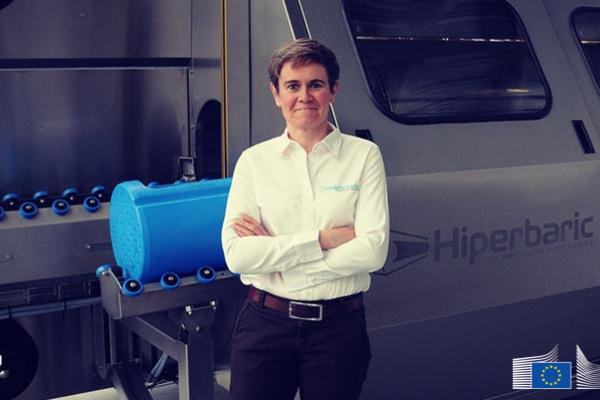
Exports account for 90% of Hiperbaric's revenues and it has enjoyed sustained growth in recent years thanks to sales abroad.

Cosentino is a family-owned Spanish business specialised in the production of innovative surfaces for the field of architecture and design. It started life in 1940 as a processor of marble from the famous quarries at Macael in Andalusia. Today the company exports its products to over 80 countries.
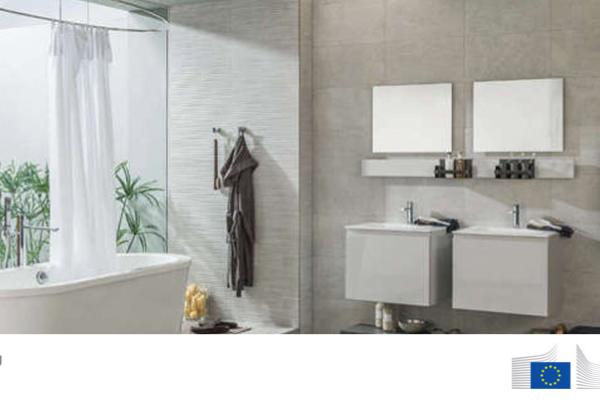
Porcelanosa is a ceramics company benefitting from improved business opportunities in Canada to sell high quality tile for kitchens and bathrooms.
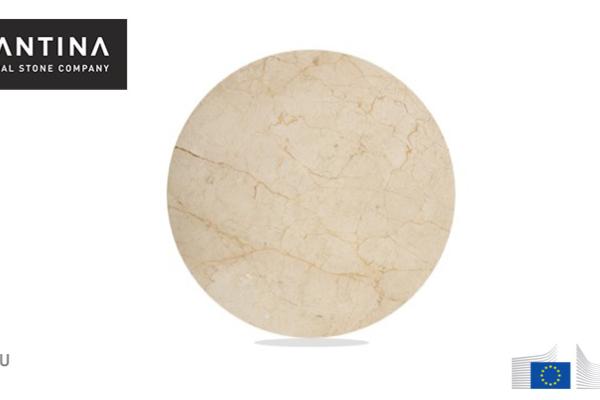
Whether it is for countertops, façades, interior floors or interior walls, Levantina Natural Stone Company provides high quality stone to customers all over the world.
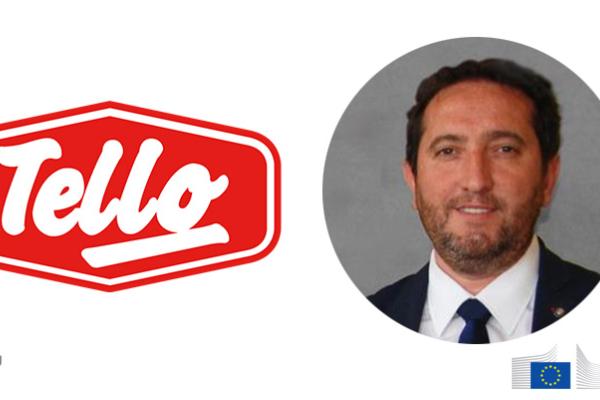
The company's expansion has allowed it to double in size since 2012. In 2017 alone, it produced 49 million kilos of pig meat.
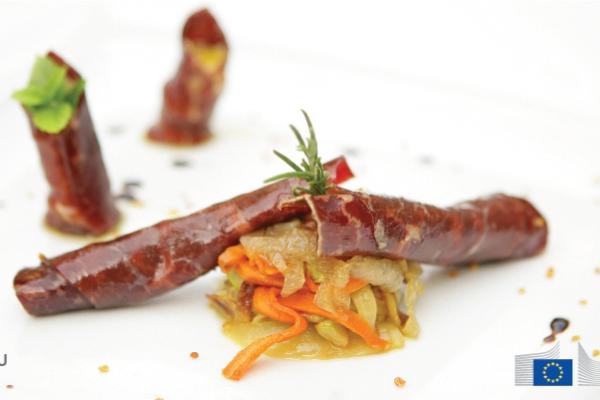
Cecinas Nieto is a Spanish family business specialised in gourmet meat products. The company has taken advantage of the EU-Lebanon trade agreement, which enables it and other European beef exporters to keep pace with stiff competition from the likes of India and Brazil.
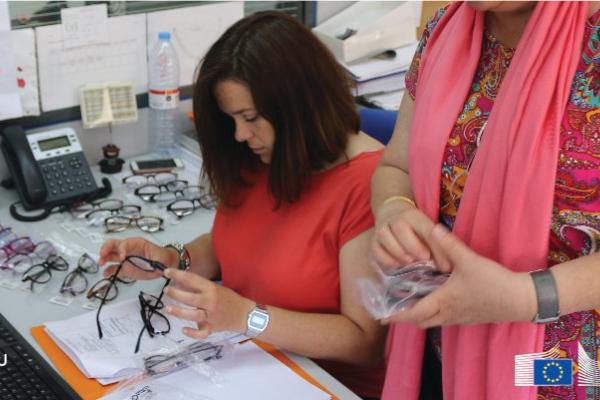
Optim manufactures high quality frames and sunglasses. The company, like many Spanish fashion brands, has benefitted from the EU's trade agreements with countries such as Mexico, Peru and Colombia. EU trade agreements with partners around the world reduce customs duties and other trade barriers.

Thanks to tariff reductions introduced by the EU-Japan Economic Partnership Agreement, Aceitunas Torrent, S.L has increased its volume of sales and profits.
Masaltos is keen on the EU-Japan trade deal because by cutting export costs it will help the company become more competitive and increase sales in one of its most competitive markets.

The EU-Mexico agreement has benefited Terras Gauda by allowing EU wines to be imported into Mexico tariff-free.
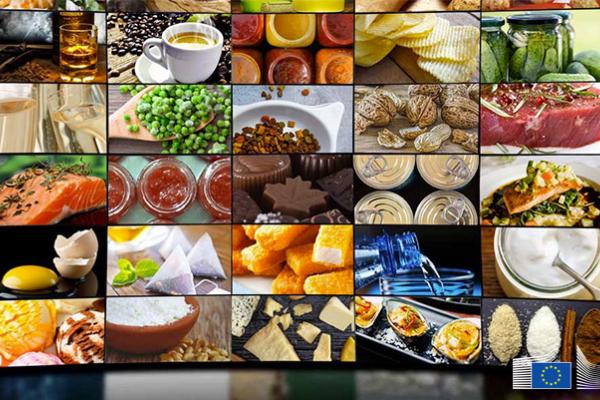
CETA has opened new opportunities for Spanish firms – fewer tariffs and less non-tariff barriers mean more trade and investment.
Cinco Jotas' main product, acorn-fed 100% Iberian ham, is produced in the southwestern Spanish town of Jabugo.

The EU-Mercosur deal could help Cue Dee by removing Mercosur customs duties, enabling Cue Dee to offer Argentinian consumers better value.
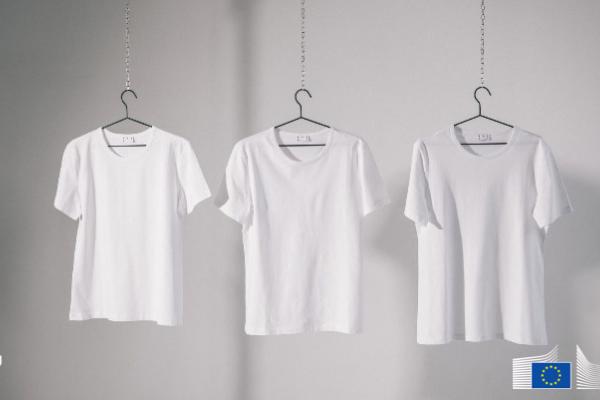
ASKET is an online-only menswear brand founded with the mission to free wardrobe essentials from fashion and bring them back to basics.
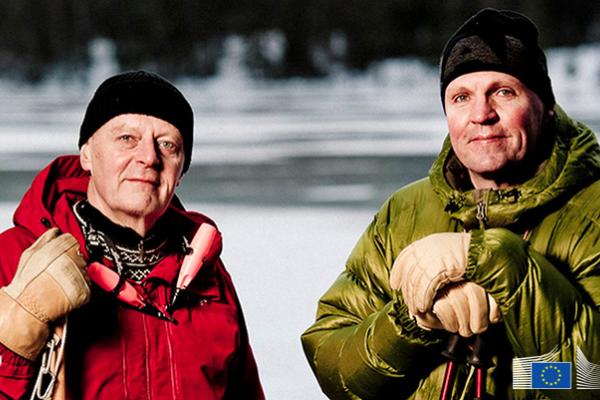
Hestra is a family-owned glove-making business. It exports its gloves to over 30 countries around the world.
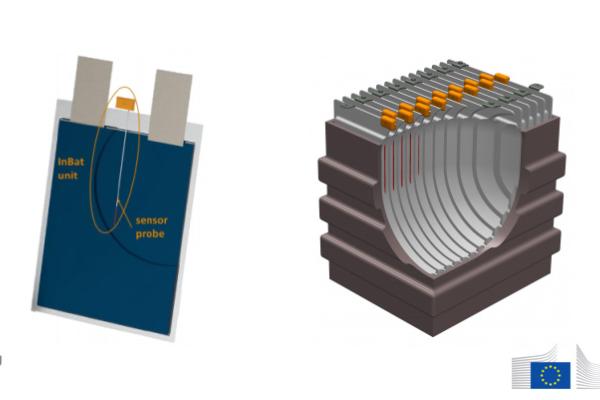
The EU-Korea trade agreement has made it easier for Insplorion to export to Korea and to work with partners there.

With its innovative flow plate technology for hydrogen fuel cells, Swedish startup Cell Impact is working to develop the Japanese market together with a local partner, fueling the hydrogen cars of the future. The EU-Japan EPA supports the future success of this green partnership.
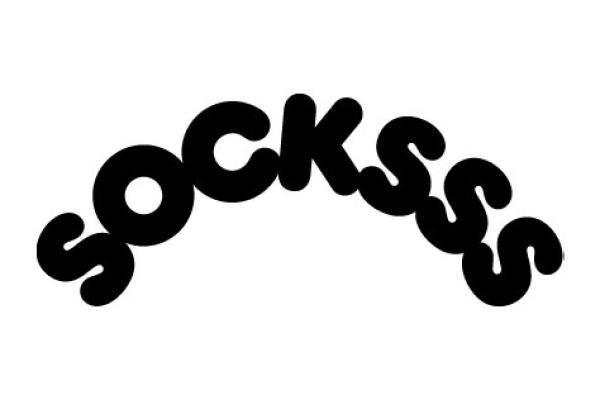
The EU-Japan Economic Partnership Agreement eliminates tariffs on socks, giving this Swedish firm the chance to be competitive in a market with huge potential for fashion and design.
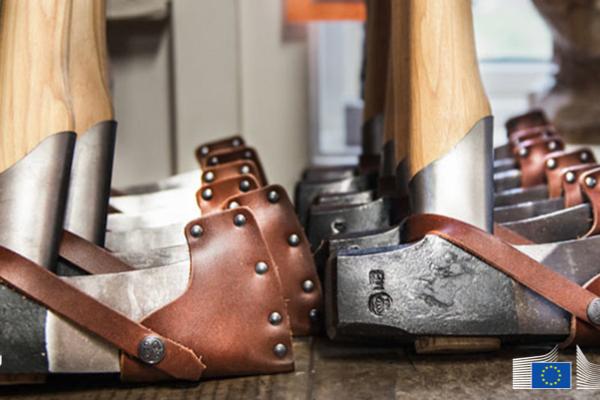
A trade agreement makes trade easier between the partners. Gränsfors Bruk hopes that increased interest in trade between EU and Australia will bring new customers and more opportunities.
